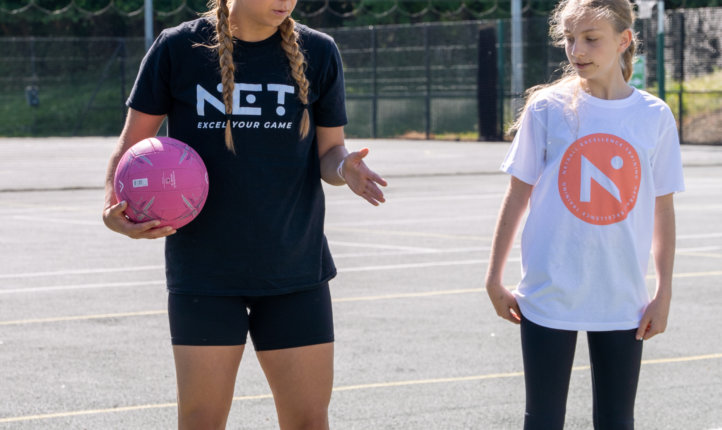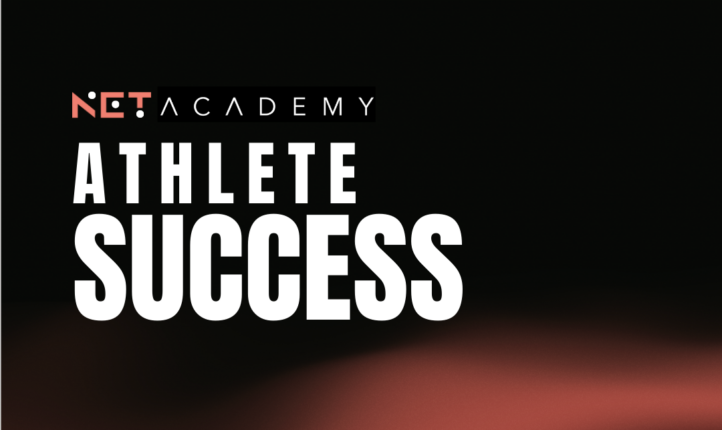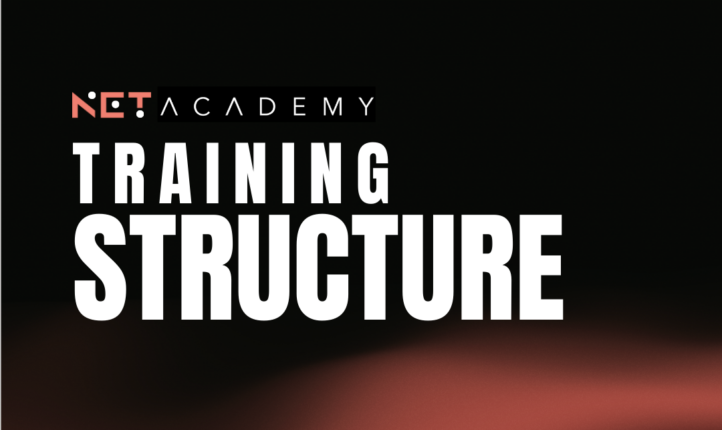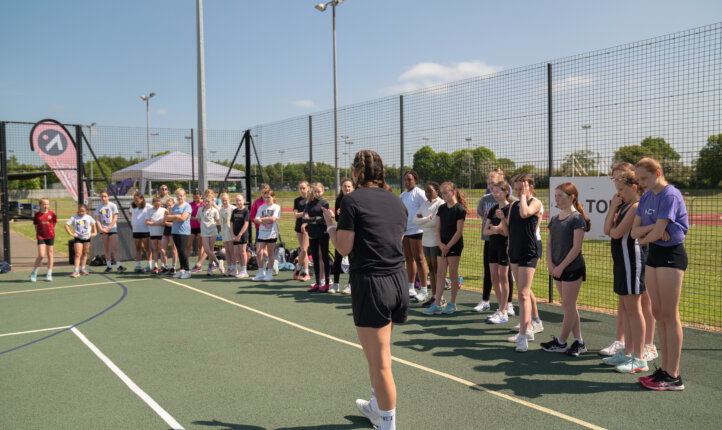June 9, 2022
Training around your period
Talking about your period is becoming more acceptable (thank goodness). But how often is the conversation about period had at netball? And why is it important to be talking about it?
There has been lots of recent research into the affect your monthly cycle can have on physical performance. The different stages of your period have been proved to not only affect your hormones but to also directly impact your energy levels, strength and overall physical performance.
Depending on the phase of your period, you will have different oestrogen and progesterone levels in your body which are responsible for how your feel and how you can perform. Oestrogen is known for its muscle building effects and can therefore help to increase muscle strength and size, hypertrophy, protein synthesis and muscle repair. Progesterone has on the other hand been found to inhibit the effects of Oestrogen (although more research is needed).
The Phases
PHASE 1 – The Menstrual Phase
This is when you are physical bleeding and usually lasts 3-7 days. At this point of your period, your oestrogen and progesterone levels drop.
PHASE 2 – The Follicular Phase
This begins on Day 1 of your period and lasts until ovulation.
PHASE 3 – The Ovulation Phase
Luteinising hormone (LH) is released as a response to rising oestrogen levels and ovulation typically occurs around day 14.
PHASE 4 – The Luteal Phase
Your body will see a rise in progesterone and oestrogen levels, followed by a drop in both hormones to start the next cycle.
So what does this mean about your training?
Depending on the phase of your cycle you are in, your body may be able to cope better with different types of activity.
Menstrual Phase – Decreased endurance – Keep to shorter workouts
Luteal Phase – Increased hormones – Higher intensity sessions
Follicular Phase – Hormones have more balance – Better strength gains for weight/resistance based sessions
Of course this isn’t a hard rule and you can carry on as normal, if your body feels good. But it’s useful to know how hormonal changes can impact performance so that you can justify why you didn’t reach your PB, why your court sprints felt hard, or why you fatigued more easily in a game.
Everybody is different. It’s important to listen to your body and do what’s right for you. If it feels good to exercise…exercise. If it feels better to sit on the sofa eating ice-cream and crying to ‘Marley and Me’…DO IT!
How can coaches support athletes with period based training?
The most important thing is to create a culture in your training environment where your athletes feel comfortable talking about their period and comfortable sharing with you that they aren’t feeling their best.
When we can start to encourage the conversation, we can start to empower our athletes and begin to individually support their training and performance.
Depending on the level you are coaching, you might decide to work with support staff to gather information about athletes cycles, contraceptive use, diet etc. to help you to then divide a training programme to support their progress.
But the bottom line is, we need to be open to have conversations about periods and understand that they can impact performance. We need to create environments where we feel comfortable talking about how our bodies feel and we need to be able to make allowances where possible.
This is just the smallest insight into period and performance and there is so much more to consider.
Why not have a look at @periodoftheperiod on socials for more evidence based info on periods and athletes.











